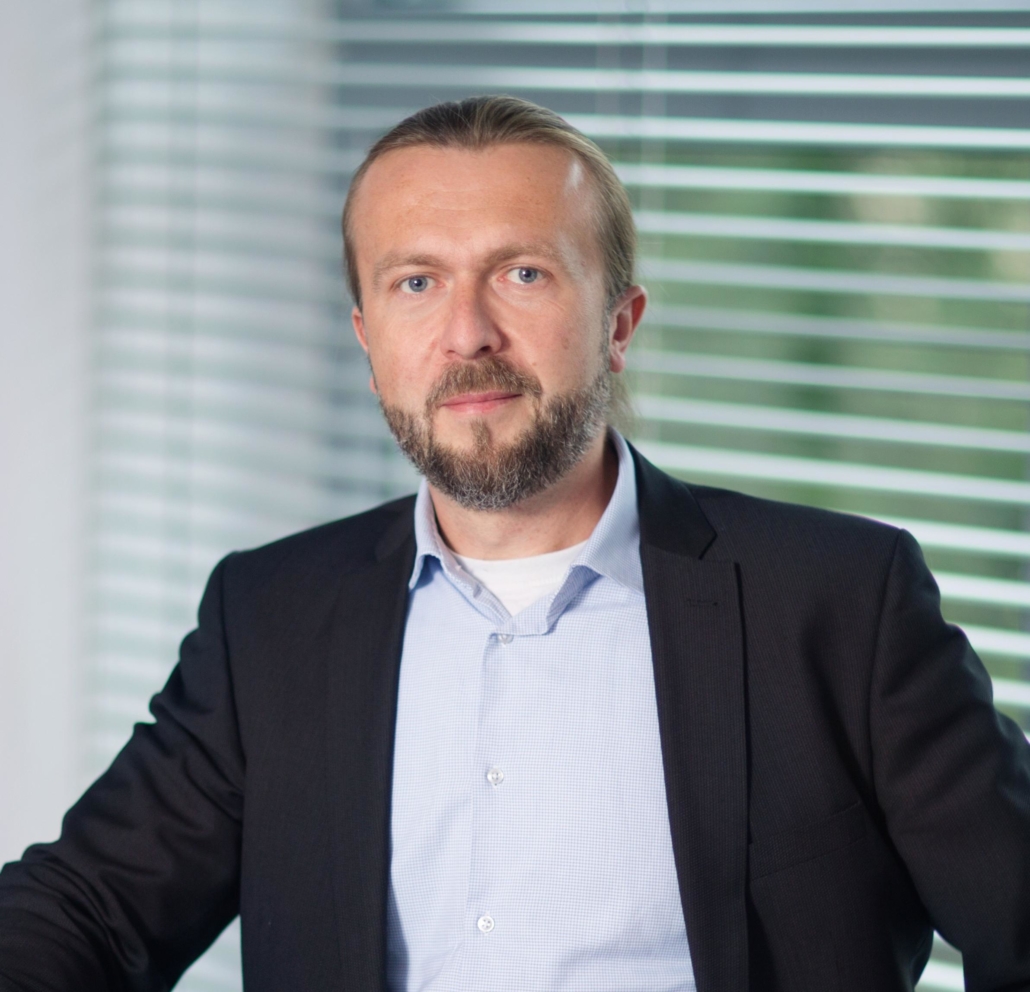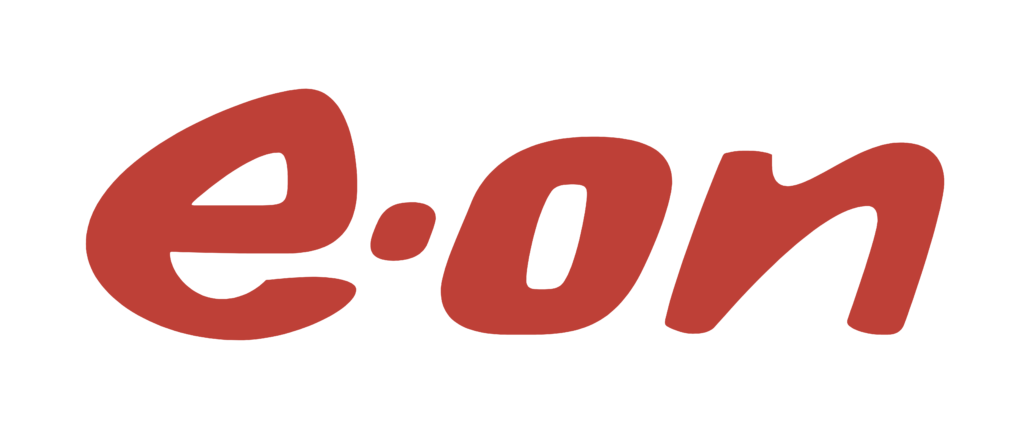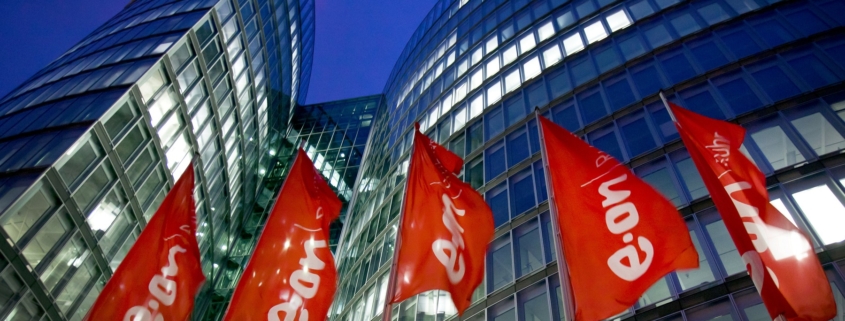E.ON COO Tomáš Bělohoubek: Mentoring is a Training Camp for the Mind
This year we were happy to announce that E.ON, one of the world’s largest electric utility service providers based in Germany, and operating in 30 different countries, had joined StartupYard as an official strategic partner. What does a strategic partnership between a tech accelerator and a major corporation really look like? For E.ON’s views on the benefits of cooperation and involvement with the StartupYard program, I asked E.ON COO and StartupYard mentor Tomáš Bělohoubek to talk about his vision for future cooperation with high tech startups.
What inspired E.ON to become a strategic partner of StartupYard? What are you hoping to accomplish?
Our cooperation with StartupYard began about two years ago with the participation of E.ON managers in the SY mentoring program. There we got the opportunity to regularly participate at SY events, get in contact with a great selection of startups and learn about the acceleration approach.
The idea to enter a strategic partnership with SY was born after E.ON implemented its “:agile accelerator” in Czechia. As our accelerator is new on the market we don’t have the network and capabilities to fully conduct our own scouting for suitable startups. And frankly speaking I do not aim to develop this capability fully in-house, as I do not believe such large corporation can be its own honest startup disruptor.

Tomas Belohloubek, COO, E.ON
StartupYard is thus an ideal partner for expanding our network and scouting for new potential startups. Additionally we are very excited about SY’s cooperation with the GAN (Global Accelerator Network), which gives us access to an international pool of selected international top startups.
“Bringing in-inovations” is not just an empty phrase for us. It’s actually our main challenge. It’s been fashionably late for companies like ours to engage with startups and accelerator programs, as an image building exercise, and potentially as a way to scout out the best new ideas.
This indeed only touches on the surface of what companies like E.ON should be doing with the startup ecosystem. The truth is that in big companies with extensive operations and deep knowledge of their industries, there is a lot of creative potential waiting to be unlocked.
And interacting with “outsiders” (actually here I play with both meanings of the word), allows us to take a fresh view on possible future and sometimes even helps to reconfirm our own visions of our industry and enterprise.
So finally it is related to a change of thinking and approach and deeply connected with a change in corporate culture. Even in big companies, people have innovative ideas, but especially in big traditional companies the rigid system usually prevents them from making it happen. Our goal is to change it and create a bandwidth to help innovations happen.
So, my view is that rather than treating high tech startups as a force that will either work for or against us in the future, I believe E.ON must actively offer our own deep experience and reach into our industry, to make our organization an open testbed for solutions that we don’t focus on yet; not because we don’t know these opportunities exist, but because we do know working with startups is about challenging your focus and your basic assumptions, and also helping startups to do the very same.
You’ve mentioned using your interactions with startups to challenge your own thinking. How does that process work for you?
We send top executives and other team members to meet with and mentor startups in programs like StartupYard. As I said, this is often viewed as a kind of image building exercise. Many companies do this because they wish to be seen as engaged with startups, even if there is only little motivation in the corporation itself to adopt or internalize any of the learnings this process generates.
A good mentorship experience forces you to talk not only about new ideas, but also ideas you may have had in the back of your mind for a long time. It makes you suddenly connect things that have been lurking in your subconscious, sometimes for years.
Working within a big system like E.ON inevitably causes a tunnel vision syndrome. Mentoring takes us away from this for a kind of training camp for the mind, where we expose ourselves to people who are less bound by the usual rules. Its been always refreshing for me to talk with the passionate teams about their products and ideas.
It can make you think: “oh, doing this is not as complicated as I thought.” The outsider view can clarify your biases and challenge them.
Likewise, I have seen that pushing the startups to confront the realities of the wider world of corporations helps them to get a better picture of the challenges they will face. Every startup must have some naïveté to get started, otherwise they would never choose to do what they’re doing, and face the incredible risks they face. We can help them if only by curing them of illusions, and then being a touchpoint for them to get a deeper understanding of the world and industry they are trying to reform.
We have five members mentoring at StartupYard already, and my expectation is that their experience will show more of our colleagues the true value of giving back to people just starting in business.

What do you see as the most important thing E.ON can offer startups?
Startups may sometimes view us big corporates as kind of bunkers or reinforced military bases, against which they have few tools to compete in “open battle”. We often hear from startups that either corporations are not responsive, ignoring their ideas, or on the other side might “destroy” them, or “invade” the market space they are trying to attack.
There is a lot of truth in that actually, yet I believe we have mutually lots to offer – if well managed!
Startups do offer their ideas, MVPs, or final products on open basis, whereas Eon like company offers real live testing and scaling.
As mentioned already, we do aim to create testing platforms for new ideas. Sounds very simple, but those who tried, know it’s a real challenge. It touches not only the technical and process boundaries of the somehow calcified corporations, but also mindset of the people and general culture. I’m however convince we are one of those able to sort these barriers out.
And how does your accelerator program work?
Our new :agile startup accelerator program is able to give up to six start-ups per year the chance to accelerate their businesses with selected top specialists in the field. We currently run two batches per year with an acceleration phase of three months and a budget of up to €10.000 per start-up for selected trainings, travel expenses and office space.
After the acceleration phase, every selected start-up will be able to pitch their idea in front of E.ON’s top management and a selected audience of investors and top specialists. On a larger scale, the E.ON group can also offer cooperation across Europe, and offer also the chance for piloting new ideas and an investment partnership.
In terms of the Czech startup scene, we will offer two startup pitch days per year that will in the future be publicly accessible. There we would like to invite rising stars in Czech entrepreneurship, and people from the startup scene, accompanied by international guest speakers.
In the long term we would like to create an image for E.ON that represents us as a strong independent partner for the development of MVPs and use cases with startups, as well as to create a pioneer network in the CEE region around energy innovation and sustainable development.




